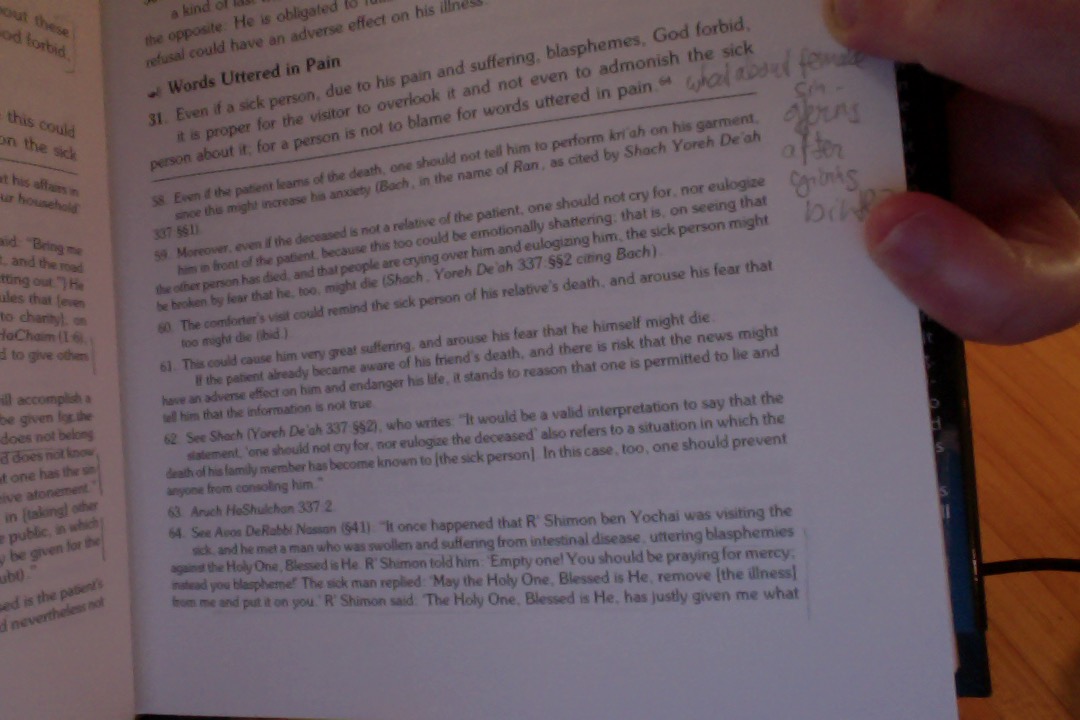The Gemara is not saying that the Korban is to atone for the words spoken during childbirth. It is to atone for reneging on what was sworn then. The concept of ignoring what was said during a time of distress is that complaints which would otherwise be inappropriate can be understood as coming from pain. This wasn't meant to apply to promises and swearing. A person can control himself that much.
Moreover, Rav Yosef asked on this reasoning that the Korban does not match that of all other Shvuos. It is unusual for an Amora to critique a Tanna on Halachic matters (especially using the term מתקיף לה, which connotes refuting rather than begging to understand). Besides, the Gemara does not bother answering the question.
It seems that the point of the question was to point out that it wasn't meant to be taken at face value. In fact, hardly anyone would actually verbalize such a vow.
The Maharal explains that this vow is an inherent intention, albeit not a conscious one. It is a position which doesn't need to be expressed. He explains that you entered a marriage for your benefit and here it turns against you.
It is not an actual Shvuah and is not treated as such but there was a powerful break from the bond with her husband, analogous to a verbalized vow.

